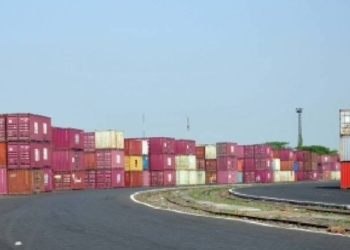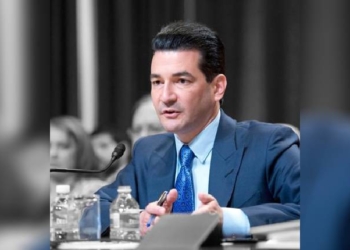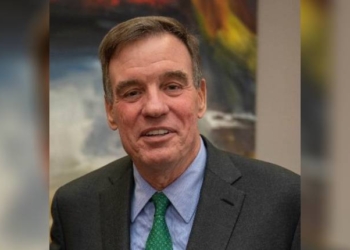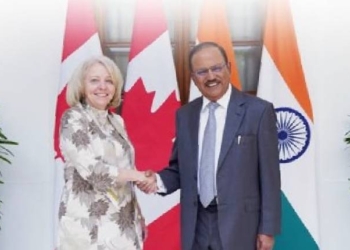Wellington: At least two people have died in the riots rocking New Caledonia after France’s National Assembly approved contentious voting reforms to the Pacific territory that angered independence supporters.
French media, citing New Caledonia High Commissioner Louis Le Franc, gave the death toll on Wednesday. Several hundred people have been injured during the unrest.
Earlier, the French High Commission said more than 130 have been arrested after a second night of protests, looting and vandalism.
The riots began on Monday as France debated a bill which would give thousands of French citizens in the archipelago in the South Pacific the right to vote in provincial polls.
New Caledonia’s pro-independence movement fears that change will result in a weakening of political influence among the Indigenous Kanak people.
The National Assembly in Paris adopted the reform overnight, by 351 votes to 153.
French Interior Minister Gerald Darmanin said on RTL television that one of the deaths was caused by a bullet but not by a police officer. The exact circumstances would have to be clarified, he said. There was initially no information on the second death.
“There must be no violence in a democracy. There must be absolute calm,” Darmanin declared. He said there had been attacks on police stations with axes and heavy ammunition.
Several French lawmakers have called for a state of emergency to be declared.
On Wednesday, the High Commission said that about 60 police officers had been injured in the riots.
Numerous buildings, including schools, had been set alight. A planned escape at the prison in the capital of Noumea had been thwarted, it added.
An overnight curfew is in place, and people are asked to limit their movements during the day, the commission said. There is also a ban on gatherings, selling alcohol and carrying weapons. The airport had been closed.
For Paris, New Caledonia is important geopolitically, militarily and also because of its nickel deposits.
The territory, with about 270,000 residents, has gained extensive autonomy through the Noumea Agreement. The island is located some 1,200 kilometres east of Australia.
Residents voted to remain part of France in each of the three referendums on independence in 2018, 2020 and 2021.
However, the independence movement boycotted the last vote and announced that it would not accept the result.















